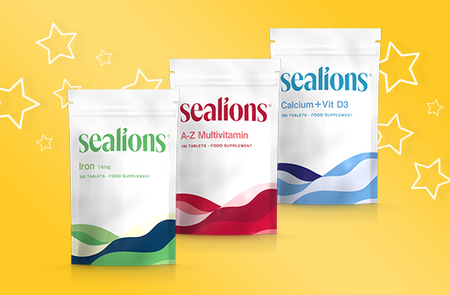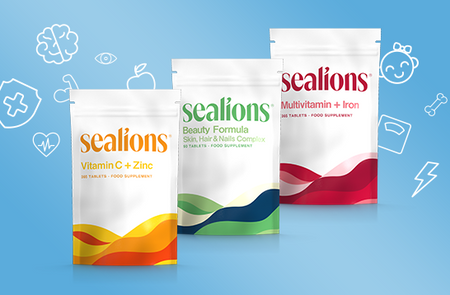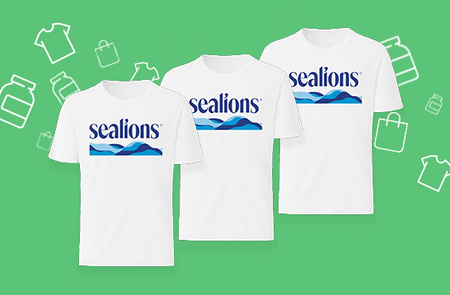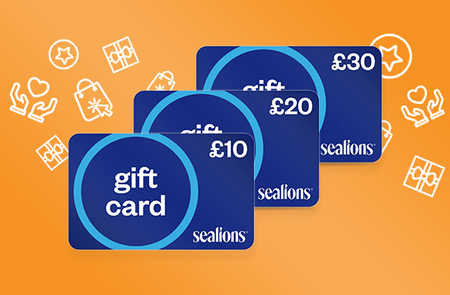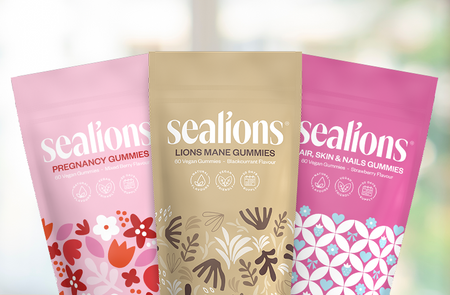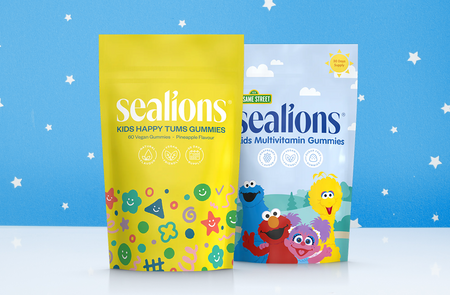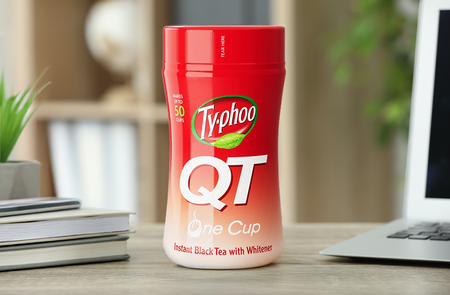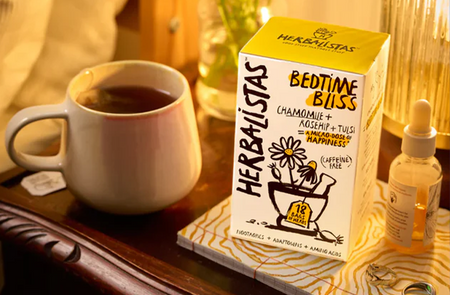
Bonfire Night & Anxiety In Dogs
For us humans, bonfire night and it's extravagant firework displays are typically fun for the whole family – except our furry friends. For dogs, this time of year can be stressful, and can bring out feelings of fear and anxiety.
The RSPCA received over 11,000 reports of animals in distress between October 2021 and January 2022 as a result of fireworks, with 68% of these reports being animals impacted by private, at-home displays.
It’s important that we understand the reasons why dogs can become fearful during the festive season, and how we can help to soothe their feelings of anxiety.
Why are dogs fearful of fireworks?
A large part of why dogs can be scared of fireworks is due to the loud noises that they make – dogs have more sensitive hearing than we do, which means the bangs and screeches can seem amplified and even louder to them.
These noises and bright flashes of light will also be unexpected to your pet. In the UK, fireworks are typically seasonal and not something dogs encounter regularly, so the unpredictability of fireworks can cause fear and confusion, and they may even feel threatened by what they perceive to be a dangerous situation.
Dogs’ primary instinct when feeling threatened is to run, so the fact they are unable to escape the noises and flashes can add to their stress.
Will I be able to tell if my dog is distressed?
There are several signs that may indicate your dog is feeling anxious or distressed, from body language to out of character behaviours. Things to look out for can include:
- Shaking, trembling or shivering
- Cowering, crouching or hiding
- Tucking their tail between their legs
- Excessively barking
- Crying or whining
- Slowing down or becoming less active than usual
- Pacing or running around
- Trying to escape
- Aggressive behaviours such as biting
- Urinating or defecating in the house
All dogs are different, and you will know what is normal for your pet – be aware of any changes to their behaviour so that you can help soothe their unease as quickly as possible.
How can I help my dog feel less anxious?
Walk your dog during daylight hours
As obvious as this may seem, it’s important for your dog to have as little disruption to their routine as possible and still get in their daily exercise. Walking them during daylight hours greatly reduces the possibility of fireworks being let off.
If you need to let them out to toilet, try to do so at times when fireworks are less likely to be let off. It may be beneficial to keep them on a lead – even if only in the garden – to keep them safe should any be set off unexpectedly.
Create a safe space
If your pet has a favourite space in the house, make sure they have a comfortable spot to take themselves off to. Closing the windows and curtains can help to minimise the noise and bright flashes and provide a sense of security for your pet should they choose to wander around the home.
It’s important that you don’t isolate your dog and lock them in a single room, as this can add to their distress and feelings of being unable to escape. Your dog may even prefer to stay by your side if this is where they feel most safe.
Provide a distraction
Turning on the TV or some music can mask the loud sounds – the RSPCA partner with Classic FM’s pet classics which provides relaxing music to help soothe distressed animals and runs between 5pm and 9pm on Friday 4th and Saturday 5th November this year.
Giving your pooch their favourite toy or a long-lasting treat, or even simply playing with them to keep them entertained, can also be an effective way to take their mind off what is causing their anxiety and help them feel more at ease.
Try a calming supplement
Supplements are a good option for helping your dog feel calm during bonfire season and throughout the year. Our Soothe & Calm tablets are designed to promote feelings of calm, with L-theanine derived from green tea plus ginger, magnesium and essential B vitamins.
Each tablet is specially flavoured, so they can be given as a treat, or with food if your pet is a little more picky with tablets.
Knowing the symptoms of anxiety in dogs, and the ways in which you can provide support for an anxious pet, can help to give them the best treatment. If you feel that your dog is experiencing long-term anxiety issues, or appears to be in severe distress, it’s always best to seek veterinary advice.
Tagged:

